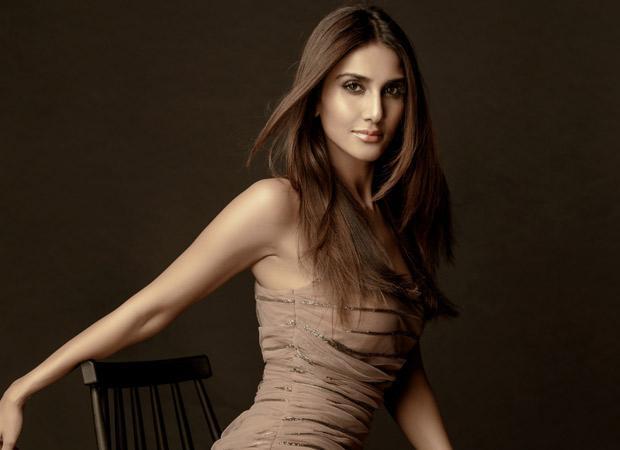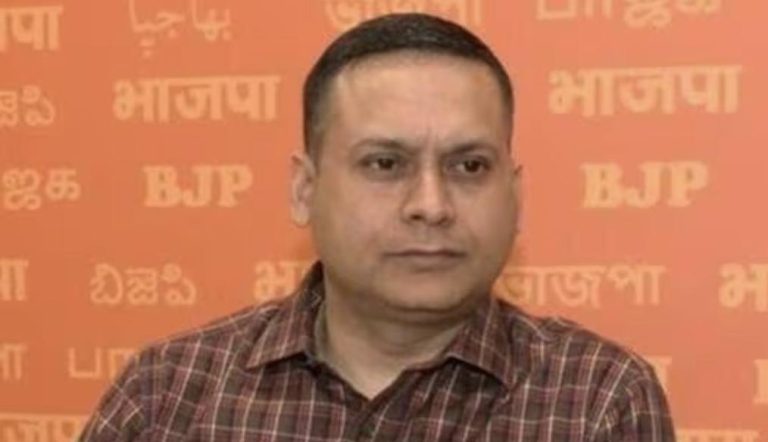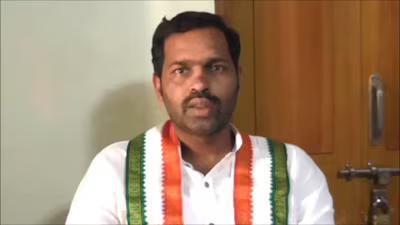
Don’t get volatile behaviour: Vaani on censorship & cancel culture
The recent ban of the film “Abir Gulaal” in India has sparked a heated debate on the topic of censorship in the Indian film industry. Actress Vaani Kapoor has now weighed in on the issue, expressing her concerns about the impact of cancel culture and censorship on artists’ freedom to create. In an interview, Vaani spoke about the dangers of setting boundaries for artists and the need for a more open-minded approach.
Vaani’s comments come at a time when the Indian film industry is grappling with the issue of censorship. The Central Board of Film Certification (CBFC) has been criticized for imposing strict guidelines on filmmakers, which many argue stifles creativity and innovation. The recent ban on “Abir Gulaal” is just one example of the strict measures being taken by the CBFC.
Vaani, who has been vocal about her concerns on social media, believes that censorship restricts artists’ freedom to explore new ideas. “I don’t get this volatile behaviour. This cancel culture, say one thing wrong, there are calls for cancel and boycott. I don’t understand why we can’t have a discussion and move forward,” she said in the interview.
Vaani’s comments are a refreshing change from the usual knee-jerk reactions to controversy in the Indian film industry. Instead of resorting to name-calling and boycotts, Vaani believes that we should be having open and respectful discussions about the issues that divide us.
But Vaani’s concerns about censorship go beyond just the issue of creative freedom. She believes that censorship sets boundaries for artists, limiting the kind of stories they can tell and the kind of characters they can portray. “I’m not into censorship,” she said. “Censorship sets boundaries, and I think artists should be allowed to explore new ideas and push boundaries.”
Vaani’s comments are particularly relevant in the current climate of cancel culture, which seems to be all about silencing the voices of those who dare to disagree with the prevailing narrative. The latest target of this cancel culture is Bollywood, with many stars facing backlash for their views on controversial topics.
But Vaani is not one to shy away from controversy. She believes that artists should be able to express themselves freely, without fear of reprisal. “I think we should be having more open conversations and debates. We should be able to disagree respectfully and move forward,” she said.
Vaani’s stance on censorship and cancel culture is a breath of fresh air in a industry that often seems to be more concerned with appeasing the masses than with creating meaningful art. Her willingness to speak her mind and challenge the status quo is a testament to her courage and conviction.
At a time when the Indian film industry is struggling to find its voice and identity, Vaani’s comments serve as a reminder of the importance of creative freedom and artistic expression. By speaking out against censorship and cancel culture, Vaani is helping to create a more open and inclusive environment for artists to thrive.
In conclusion, Vaani’s comments on censorship and cancel culture are a timely reminder of the importance of artistic freedom and creative expression. By speaking out against the volatile behavior of cancel culture and the restrictive nature of censorship, Vaani is helping to pave the way for a more open and inclusive industry.






